2024 Competition Record

2024 Theme: Advancing Aviation for Natural Disasters
As climate change increasingly influences the frequency and severity of natural disasters on a global scale, opportunities to contribute at the intersection of technological advancement, aviation, and natural disasters grow in both number and importance. NASA Aeronautics is dedicated to expanding its efforts to assist commercial, industry, and government partners in advancing aviation-related systems that could help prepare for natural disasters, lessen their impacts, and speed up recovery efforts.
The 2024 Blue Skies Competition challenged teams to conceptualize, in terms of feasibility and viability, aviation-related system(s) that could be applied by 2035 to one phase of management of a chosen type of natural disaster to improve capabilities. Teams of collegiate students were encouraged to consider high-potential technologies and systems that aren’t currently mainstream or highly regarded as becoming mainstream in the future.
Current technology utilized on or with aviation platforms for disaster management is often outdated. Opportunities exist to improve currently deployed systems and/or implement technologies or technology applications from other places to modernize aviation’s capabilities in natural disaster work. Similarly, conditions exist along the gamut of natural disasters where improvements to existing aviation-based systems or new systems and technologies could greatly improve the impact of our natural disaster management.
Based on the review of research paper submissions, 8 teams were chosen to present their findings in a competitive design review during the Gateways to Blue Skies Forum at NASA’s Ames Research Center in Mountain View, CA on May 30-31, 2024. Each finalist team received a monetary award to facilitate full participation in the Forum. Members from the winning teams earned internship opportunities with NASA’s ARMD.
Click the images to view full-size versions of the infographics.
Click the Project Title to view each team’s research paper.
Click the University Name to view each team’s presentation chart deck.
“Aero-Quake Emergency Response Network”
Faculty Advisor: Mark Gonda
*First Place*
“AVATARS: Aerial Vehicles for Avalanche Terrain Assessment and Reporting Systems”
Faculty Advisors: Dr. Mike Massimino, Nicholas Frearson
*Second Place*
“Reconnaissance and Emergency Aircraft for Critical Hurricane Relief (REACHR)”
Faculty Advisor: Dr. Felix Ewere
*Most Innovative*
“F.I.R.E (Fire Intervention Retardant Expeller)
Faculty Advisor: Janet Mclarty-Schroeder
*Future Game-Changer*
“Deployable Unmanned Aerial System to Detect and Map Volcanic Ash Clouds”
Faculty Advisor: James Geiger
“Rapid Evaluation, Coordination, Observation, Verification & Environmental Reporting (RECOVER)”
Faculty Advisor: Dr. Anthony Linn
“Enhancing Earthquake Disaster Relief with Artificial Intelligence and Machine Learning”
Faculty Advisor: Dr. Haydar Teymourlouei
“Data Integrated UAV for Wildfire Management”
Faculty Advisor: Dr. Christian Claudel
Click to view more photos.
NASA Feature Story Coverage:
- NASA University Research Program Makes First Award to Community College Project
- Winners Announced in Gateways to Blue Skies Aeronautics Competition
- Finalists Selected: University Teams Selected as Finalists to Envision New Aviation Responses to Natural Disasters
- Collegiate teams to focus on natural disasters in 2024 Gateways to Blue Skies Competition
Other Coverage:

NASA’s Langley Research Center






Region 4





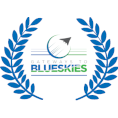



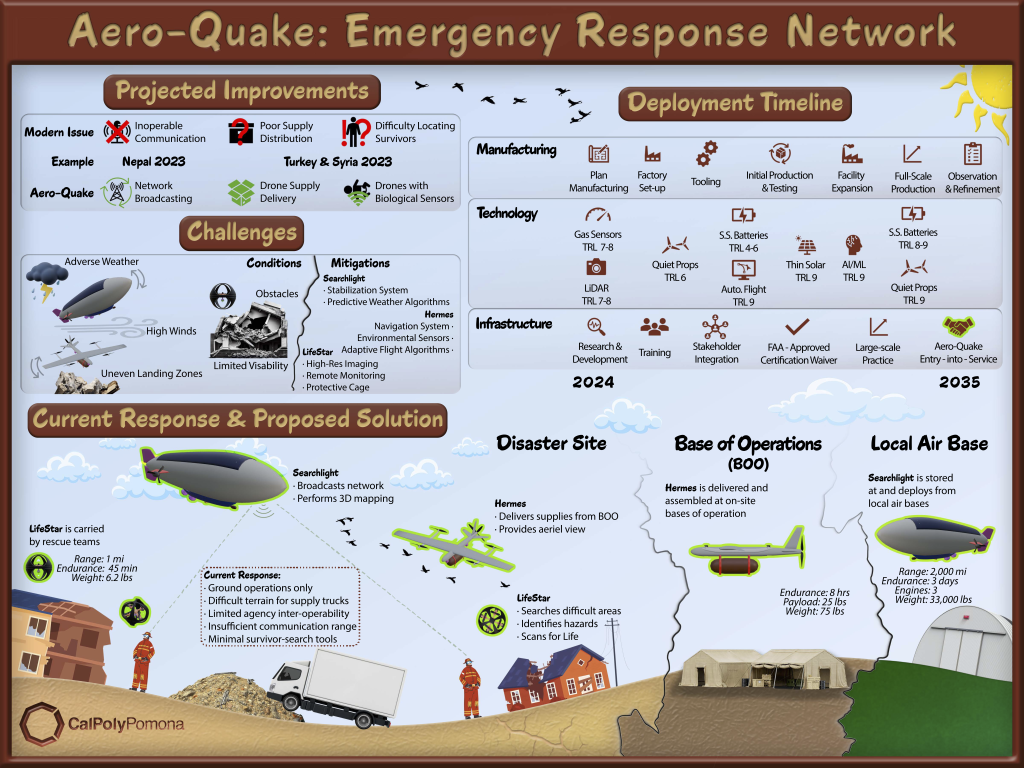
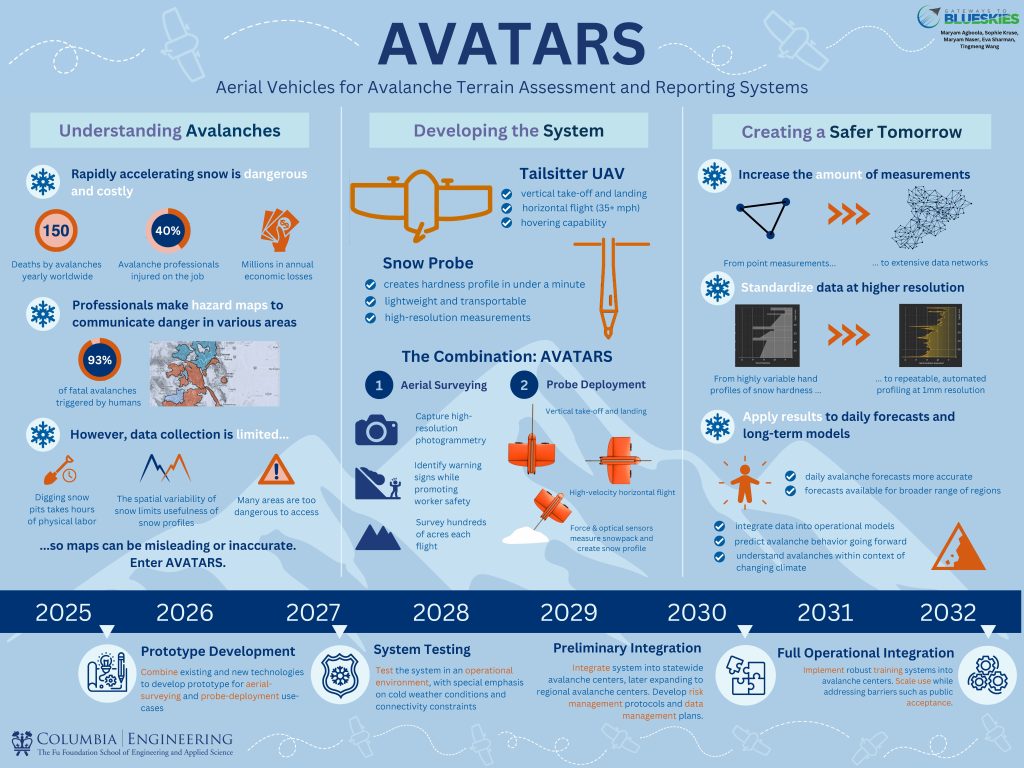
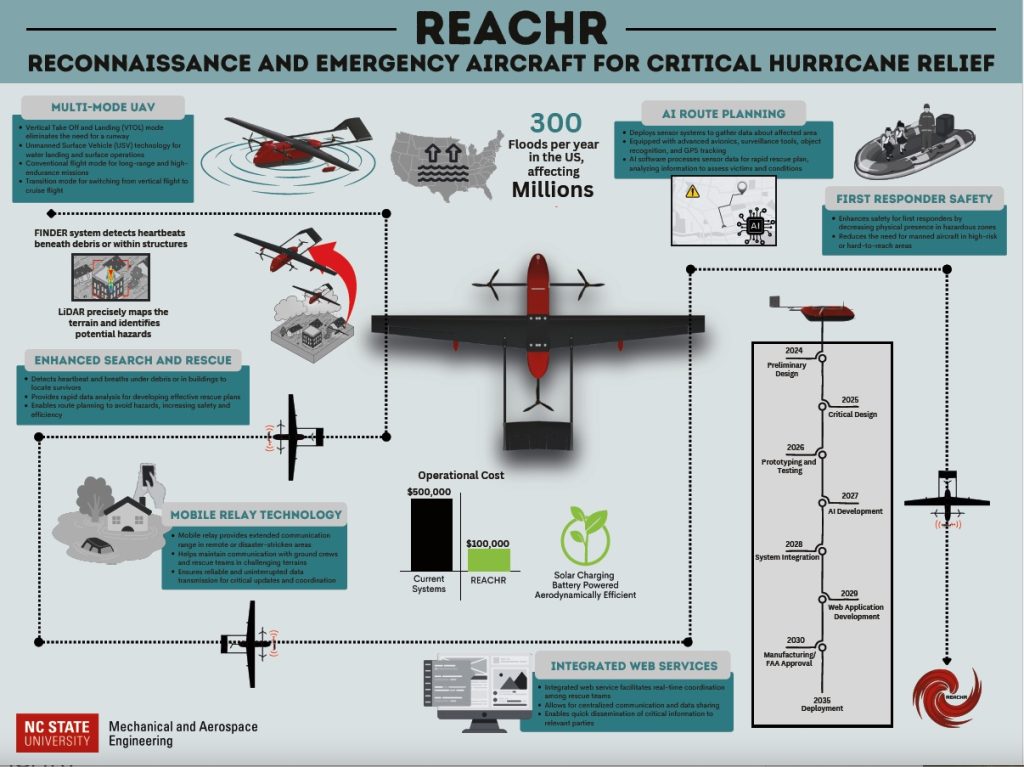
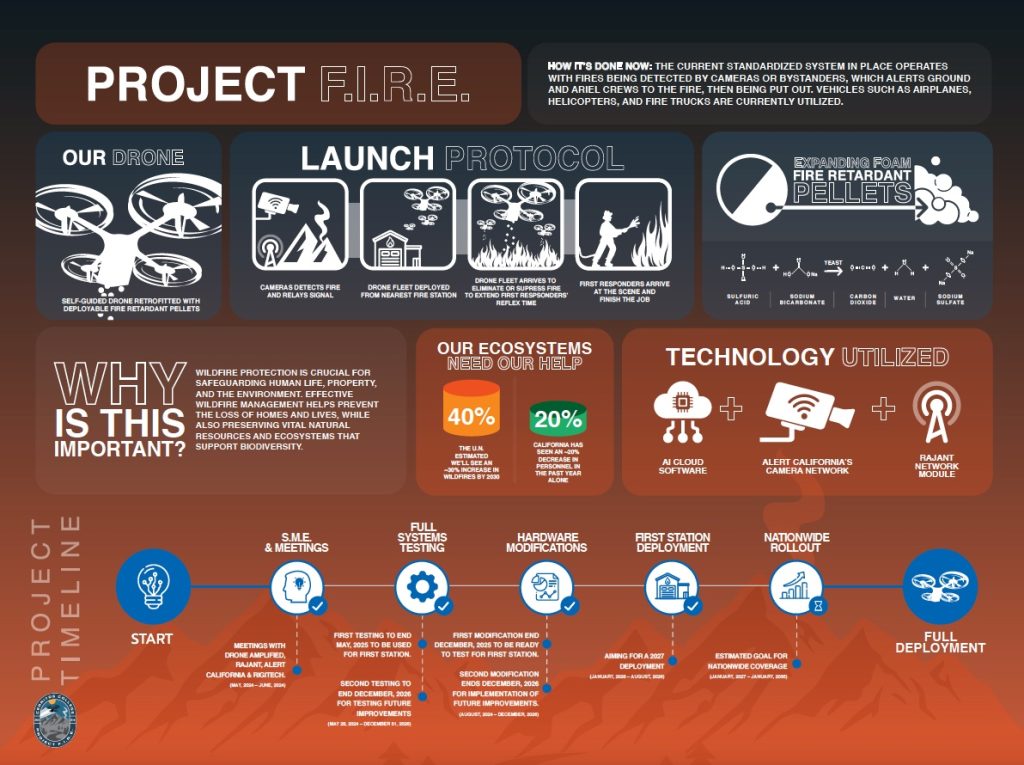

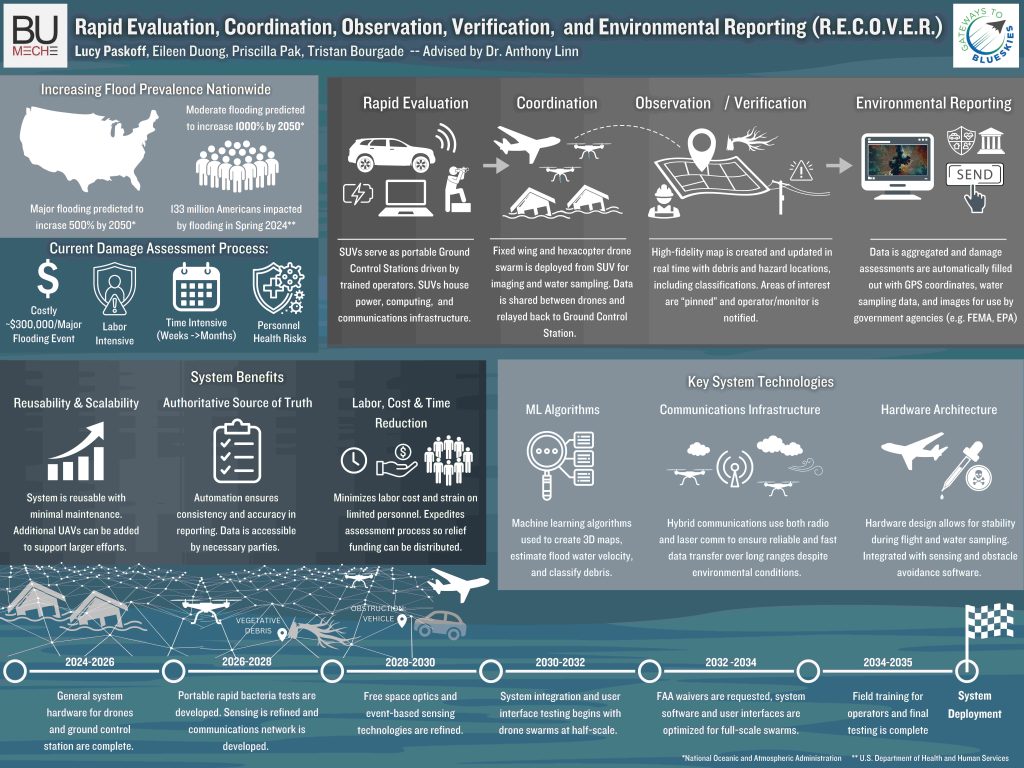
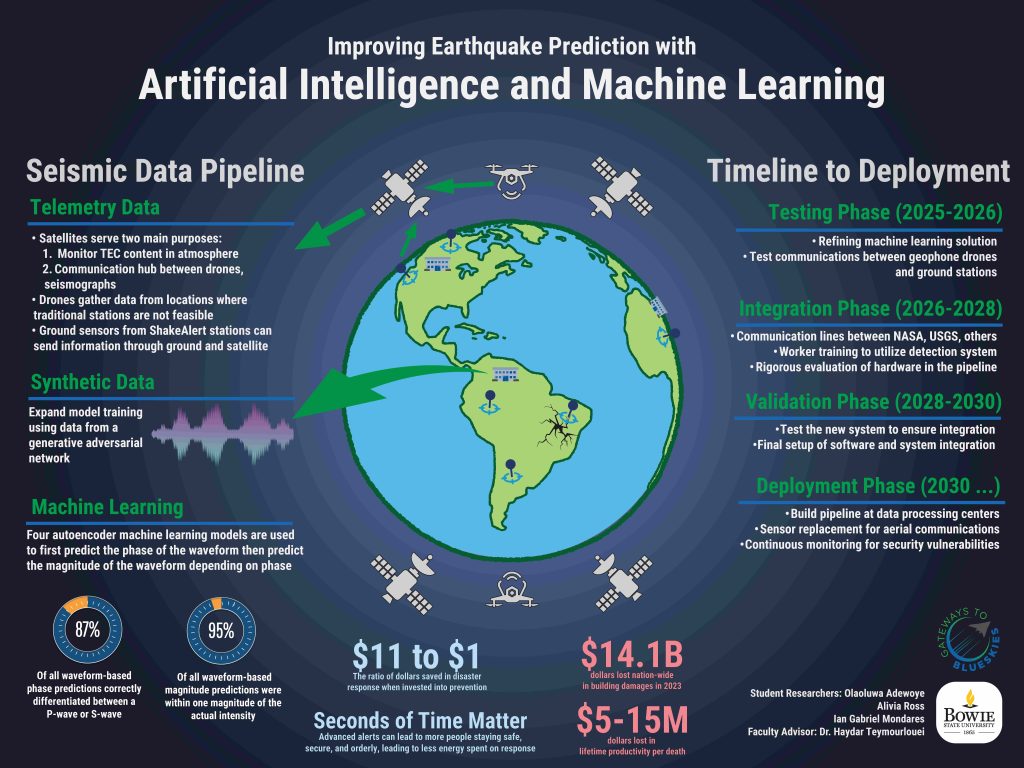
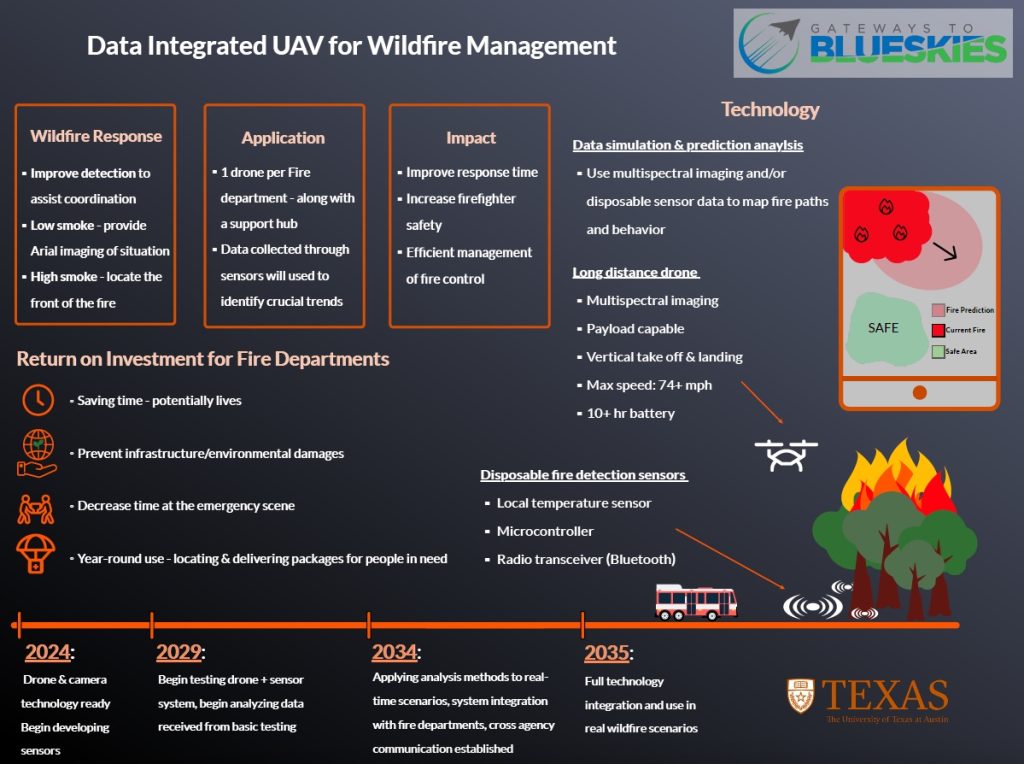
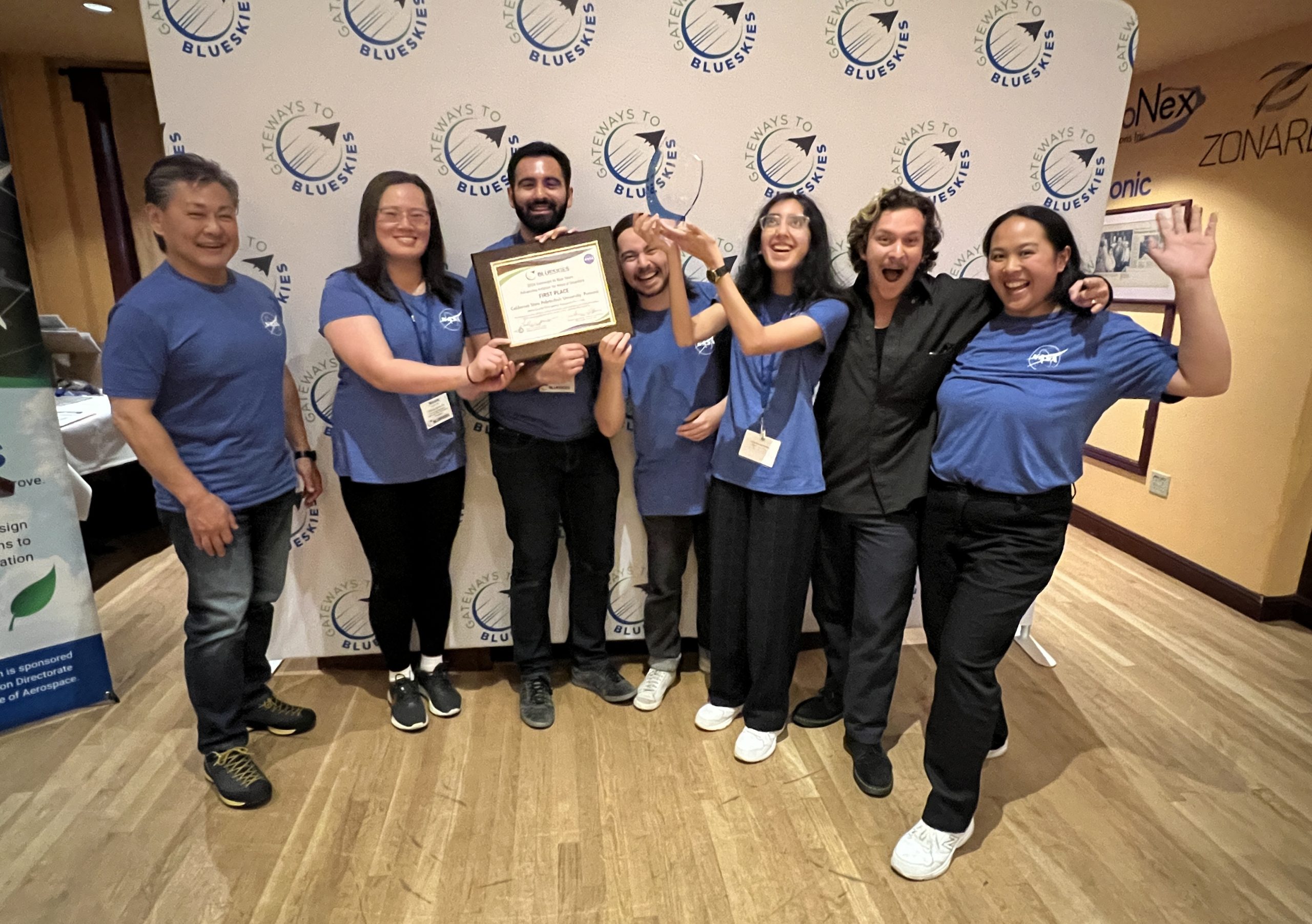
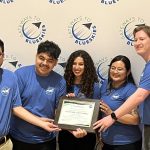
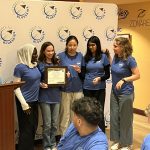
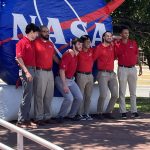


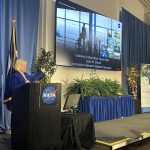
 Greg Emerson
Greg Emerson John Bombaro
John Bombaro Brian Cole
Brian Cole Jim Baumiller
Jim Baumiller Scott Colling
Scott Colling Dan Martin
Dan Martin Cordelia Hiers-Brady
Cordelia Hiers-Brady Shawn Engelland
Shawn Engelland George Burba
George Burba CJ Bixby
CJ Bixby
 Amy McCluskey
Amy McCluskey Peggy Cornell
Peggy Cornell Matthew Boucher
Matthew Boucher Susan Bayley
Susan Bayley Genevieve Ebarle
Genevieve Ebarle Stacy Dees
Stacy Dees Shelley Spears
Shelley Spears Janice Kurbjun Miller
Janice Kurbjun Miller Mina Cappuccio
Mina Cappuccio Craig Nickol
Craig Nickol Jeanne Yu
Jeanne Yu Devin Pugh-Thomas
Devin Pugh-Thomas Mani Gavvalapalli
Mani Gavvalapalli Koushik Datta
Koushik Datta Steven Holz
Steven Holz Andrew Provenza
Andrew Provenza